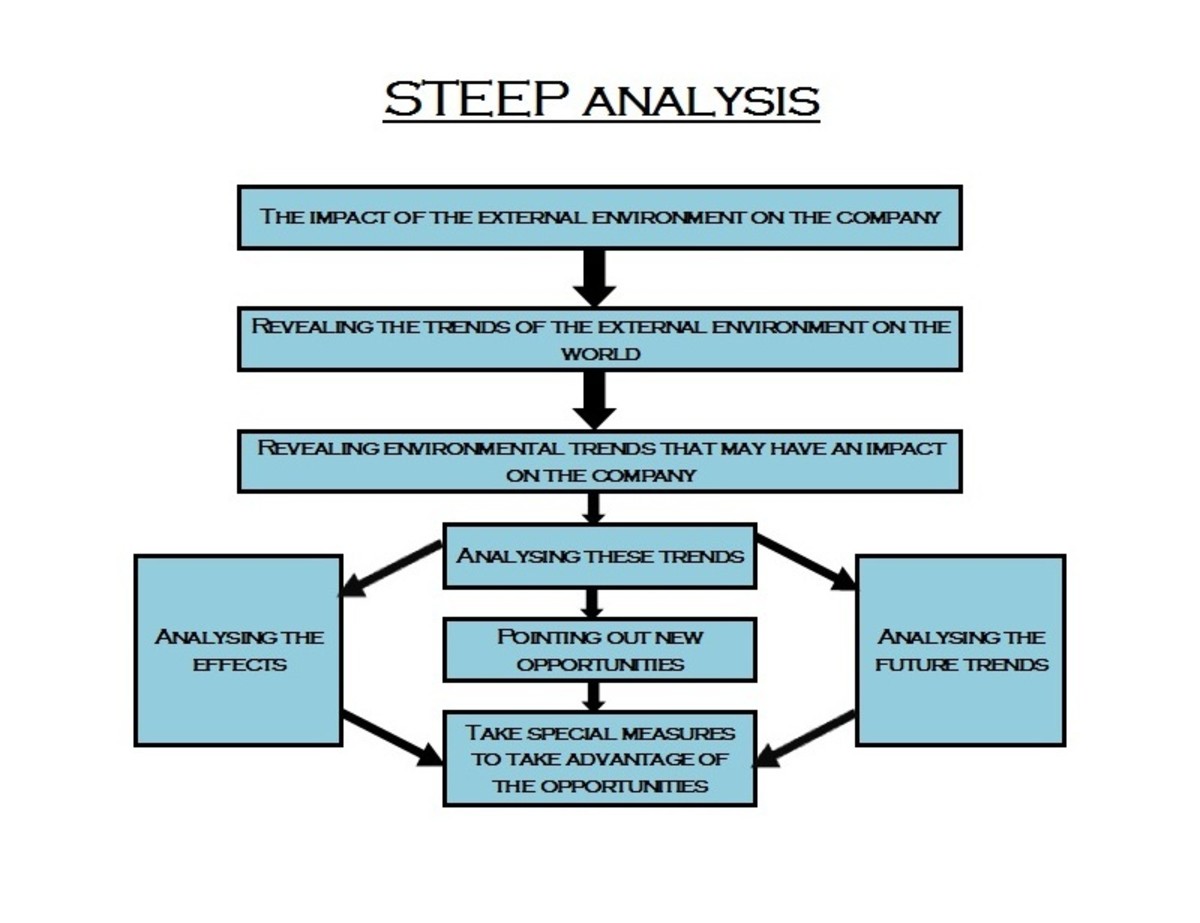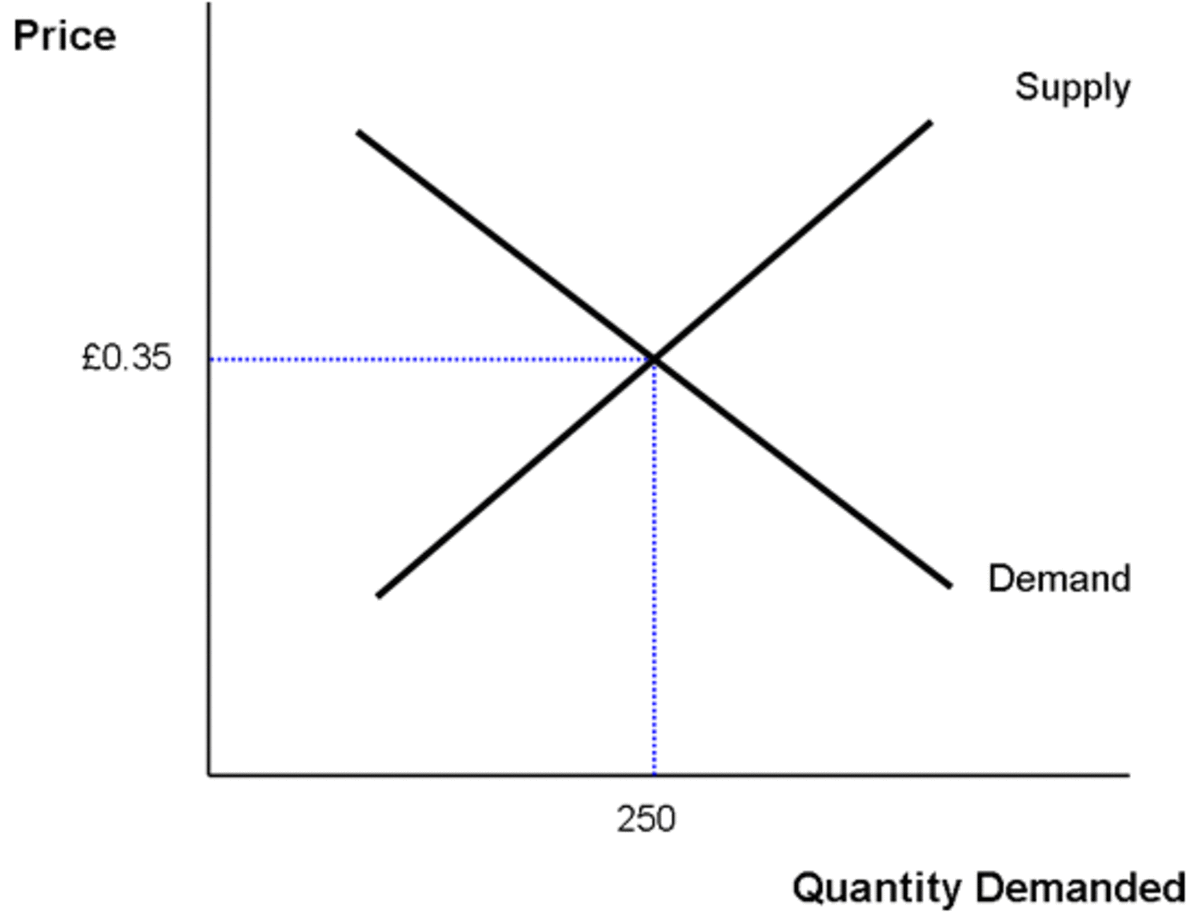Is Economics A Science?
When asked in a class: “What is science,” hands will fly up in the air and offer answers such as “Science is the systematic study of different things,” or perhaps “Science is an organized attempt to understand certain occurrences.” There are many different kinds of sciences, and one which finds itself constantly scrutinized if it could be considered as a branch of science is economics.
Compared to physics, chemistry, astronomy, and meteorology which can all be called sciences, economics is not exactly very easily accepted as one, nor is readily seen by most people as a kind of science. When asked whether economics is a science or not, it will not be surprising to see how most people would need to take a moment and think whether or not it is.
There are ways in which economics is like the other traditional sciences, and there are also ways in which it is very much different. Read on to find out more about how economics is seen as a science by some, and how it isn’t seen the same way by others.
A Backgrounder on Economics
In the simplest of definitions, economics is known as the social science which studies the behavior of individuals or groups of people when it comes to resource management to meet the ends they desire. It involves people, goods, and spending power among other factors. There are a lot of factors at play when economics is seen in a general regard, and all of these factors impact spending behavior, ability to spend, what to spend on, supply, demand, etc.
All over the world, economics happens on a daily basis, and economics is one of the ties that bridges different countries and how they interact with each other. Exportation and importation, trade, currency—all of these are terms which are used in economics, especially in an international manner. Economics may be seen as a complex activity, but each person actually takes part in it, and affects the economy of the country as long as there is production, payment, and exchange of goods or services.
What Makes Economics a Science?
Of note, there is actually a reward for Economic Sciences given by the Nobel Memorial Prize. Because of this, and the fact that economics is usually defined as a “social science,” some people can claim how economics is indeed a science. Apart from awards and definitions, there are other reasons why economics is considered as a science.
In a science laboratory, experiments are being tried and tested through the scientific method. There are controlled, and uncontrolled variables which are observed to determine a set of possible outcomes and to test various hypotheses. In this regard, economics can be viewed as a science because depending on who you are in the field of economics, there is a certain level of control you can exercise on variables.
Science aims to find solutions to problems and provide accessible answers to people involved. This is seen particularly in medicine, physics, and chemistry as they can provide practical solutions to issues that people are concerned with. Practicality. Economics can, in a sense, provide practical solutions to people in the market, and it can also help determine the quality of life of the people involved, depending on how they react to the economy. Solutions in economics may be different to those in science, but they are solutions still.
Science is concerned with data which can be used for meaningful interpretation to come up with the best possible results for any given scenario—data which can either be manipulated or worked around by said scientific solutions. In economics, there is an endless supply of data waiting to be interpreted to help have a better understanding of how to bring balance and a consistency when it comes to trade, spending, and the quality of life of millions of people.
Despite these similarities that economics has to science, there are still some opposing views that do not treat economics as a science. Do they have bases for their claims?
An Opposing View
The people who believe that economics is not a science point out to its being a “social science.” It is because of this that they think or know that human behavior – which is one of the, if not the driving factor behind economics – is not something which can be predicted or explained. While economics spouts data and information to economists who study and predict them, they aren’t always successful and those who believe that economics isn’t a science attributes the failure of economists to the fact that human behavior cannot be predicted – unlike variables in a science experiment. Though different, scientific variables have a defined set of properties which is unlike people who are ever different and much more complicated.
Others claim that the influence of other non-science fields such as sociology, politics, and even history impact economics so much which is why it shouldn’t be seen as a science in the first place. Simply put, it is influenced by too many immeasurable factors which go against the measurable nature of disciplines which are commonly referred to as the sciences.
Benefits from Viewing and Understanding Economics as a Science
By viewing economics as a science though, economists have a more objective take on the matter, and other factors like politics or history wouldn’t impact current decisions they are making. To a certain extent, it can be beneficial to view economics as a science to have a more methodical approach to improve the condition of a country’s economy. This way, more solutions can be developed.
Traditionally, the concern of economics is to come up with a thorough understanding of processes which govern trade, production, and distribution of products and services. By seeing it as a science, economists become more result-oriented and by being so, they are more determined to find a good set of techniques to prove that economics can indeed by controlled through smart practices and a thorough understanding of the principles behind it.
The Final Word
Although there are opposing views as to whether economics is a science or not, the issue about how to best manage, distribute, and make use of resources—which are the primary activities in economics is not affected by how people see it. What is affected, however, are the methods by which economists and non-economists deal with and react to the happenings in a country’s economy, or the global economy. Because of the differences in viewpoints, the reactions of individuals involved in the economy are affected, and ultimately, the economy is affected as well.
It may be seen as a minor dispute—whether or not economics is a science, but ultimately, how people respond to these claims and beliefs would be the determining factor of economics as it is. Changes are constant and even though the beliefs of people about economics’ being a science or not differ, economics goes on and there is no stopping it unlike a science experiment or a trial laboratory performance.
Economics may be the effort to explain the otherwise highly complicated rules of trade and how people behave when there is an exchange of products or services involved. In the end, it may or may not be seen as a science by people, but it goes on. While its being a science or not is being disputed, the people must not forget that economics is and will be ever present—regardless of how they see it.








